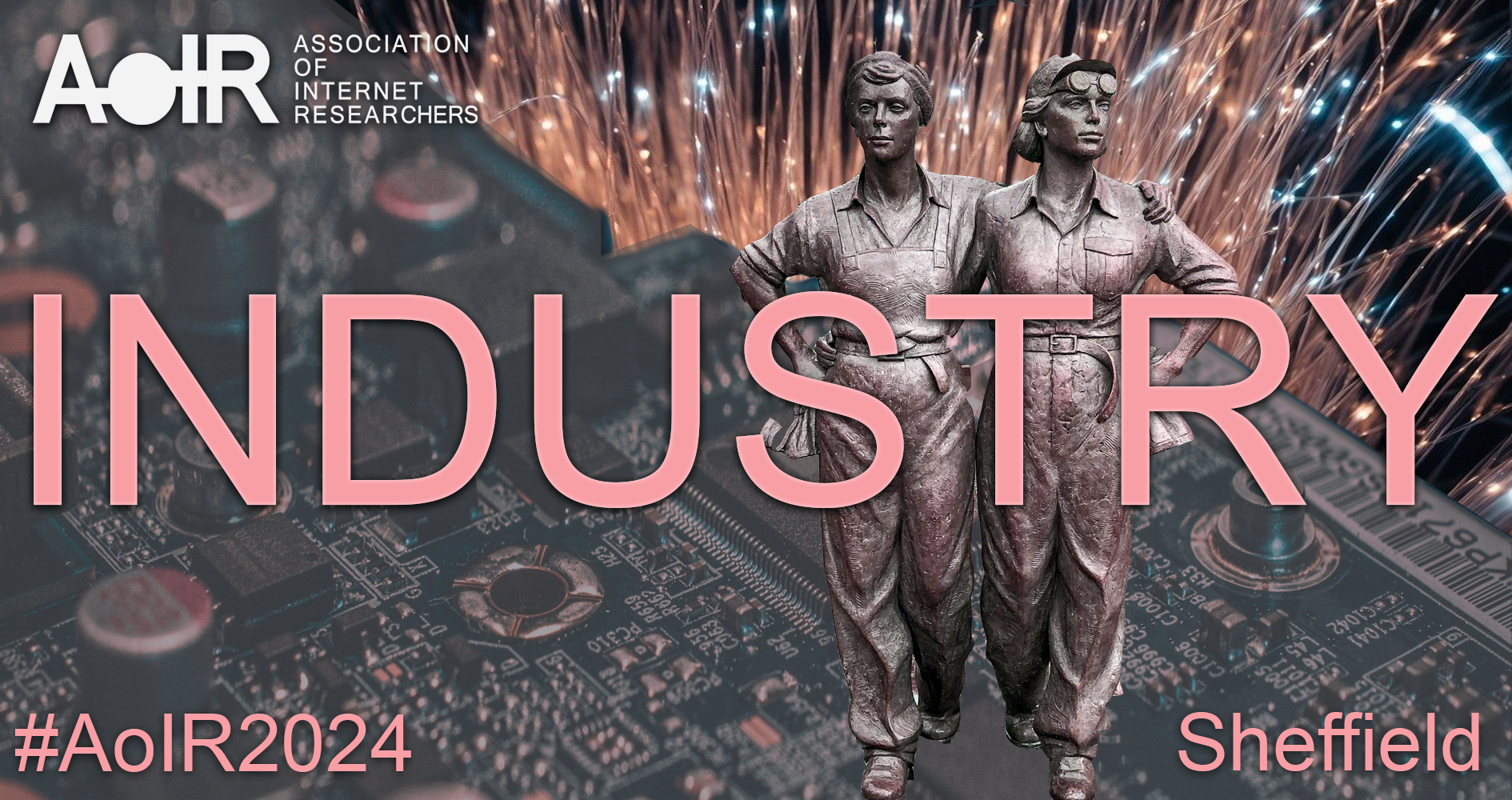AoIR2019
The overarching theme of AoIR2019 is Trust in the System.
 “Data Security Breach” by Blogtrepreneur can be reused under the CC BY license.
“Data Security Breach” by Blogtrepreneur can be reused under the CC BY license.
Trust is one of the most critical issues of our time: trust in our fellow Internet users; trust in the information we encounter in our online environments; trust in the data we produce and in the data that are continuously produced about us; trust in the algorithms that process and evaluate these data; trust in those who create the digital content we consume; trust in platforms and intermediaries that maintain our online spaces and that manage and trade in these data; trust in our national and regional governments that engage citizens over the Internet; trust in grassroots, social welfare and non-government organisations; trust in the regulatory bodies and political systems that are in charge of governing these systems of exchange. At every level, and spurred on by a rise in extremism and increased suspicion of others, our trust in the system is being challenged, presenting challenges for existing institutions and the opportunity to imagine new ones. The 2019 conference of the Association of Internet Researchers addresses these questions of trust.
Trust is one of the techno-emotions that shape sociality online (Svedmark, 2016), and is part of the process that guides the choices we make on the Internet (deLaat, 2008). Consequently, the data about us and our interactions that are produced and processed across a variety of digital devices encapsulate deeply personal and intimate facets of our digital selves. For the most part, these data are managed by commercial third-party platforms and applications, where many users have proven unable to exercise appropriate control of their data. While governments and other regulatory bodies seek to find appropriate settings for governance of a transnational, datafied society, trust in the government is an option only for the privileged, and undermined by the rise of populist and partisan regimes. At the same time, developers and activists have proposed and introduced a number of alternative, supposedly more trustworthy systems of their own, from Tor to Blockchain and beyond, but these, too, frequently embed only the limited worldviews of their creators. But ‘we’ are many, diverse, complicated, and contradictory, and in Internet research as much as in its development, governance, and use it is crucial that the voices of the marginalised finally be heard.
As Internet researchers at the intersection of critical studies of technology, culture, and society, the present crisis of trust in the system presents us with opportunities to seek new insights into these issues and provide advice and guidance for individuals, communities, governing bodies, policy-makers, and platform providers. While emergent technologies attempt to bridge the gap between users, developers, and processes, there is still significant work to be undertaken on critical issues such as rebuilding trust for Internet users. The 2019 AoIR conference in Brisbane, Australia, invites contributions that explore the question of whether we can still have, or how we might regain, trust in the system: in a world of unscrupulous actors and dubious data, how can we know what and whom to trust? Indeed, how might we change the system itself – rethinking, redesigning, rebuilding, repurposing it – to provide a more trustworthy experience for a broader, more diverse, more inclusive community of Internet users?
The 2019 Association of Internet Researchers conference welcomes contributions that address these themes, including but not limited to the following questions:
- Trust in technologies and platforms: how might users operate safely on commercially owned platforms? What role do emergent, decentralised, autonomous technologies play?
- Trust after Cambridge Analytica: what is the impact of this highly mediatised data breach? Do users understand the data trails of their actions on the Internet?
- Interpersonal trust: can we trust our friends on the Internet? Does authenticity become a central element of trust online?
- Trust in governance: if national governments lack leverage over transnational tech giants, who do citizens trust to act in their interest? How do powerful actors in Internet governance justify their influence, and how can they be held to account?
- Trust in information: as mis- and disinformation spread, how do we identify trustworthy sources of information?
- Trust by design: how can design and development processes be reshaped to ensure greater inclusion of diverse and marginalised communities?
- Trust in theory: what theories of trust are available to describe the present moment and provide pointers to possible futures?
- Trust in black boxes: how can scholars, civil society, regulators, and users interrogate the workings of only partially visible communication systems? What ethical, methodological, and practical challenges must they confront in doing so?
- Trust in translation: how do issues of trust play out in different national and cultural contexts? How might we de-westernise current debates about trust by recognising different international perspectives, especially perhaps from the Asia-Pacific region?
- Distrust in the system: how might trust’s darker side be addressed? What are the alternatives to trust?
Conference registration is available here.

